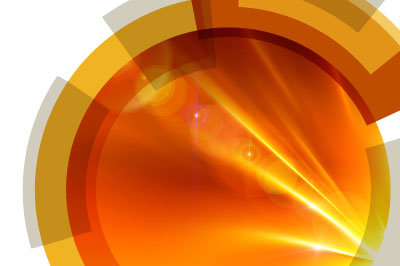Introduction
There is great interest in converting electricity overcapacity, e.g. from renewables, to fuels such as hydrogen and synthetic gasoline or for the conversion of nitrogen to ammonia. Solid Oxide Electrolysis offers a high efficiency route to these conversions utilising technology similar to Solid Oxide Fuel Cells that have recently achieved commercial impact in the US and Japan at 100 kW and 1 kW scales, respectively. There are quite significant differences between electrolysis and fuel cell operation and fundamental aspects of electrolysis have received little attention. Thus, this is a topic of critical current interest that could yield a new clean chemical industry and indeed allow greater harvesting of renewables by storing excess in a more useful and higher energy density form than electricity.Format
The Faraday Division have been organising high impact Faraday Discussions in rapidly developing areas of physical chemistry and its interfaces with other scientific disciplines for over 100 years.Faraday Discussions have a special format where research papers written by the speakers are distributed to all participants before the meeting, and most of the meeting is devoted to discussing the papers. Everyone contributes to the discussion - including presenting their own relevant research. The research papers and a record of the discussion are published in the journal Faraday Discussions.
Themes
- Fundamental Electrochemistry
Steam and carbon dioxide reduction - charge transfer, diffusion and migration. Use of high temperature oxide ion (500-1000°C) and intermediate temperature proton conductors (200-600°C). Oxygen evolution mechanistic studies. Nitrogen reduction especially at proton conductors. - Materials Development
Performance optimisation through control of composition and microstructure. Development of new and improved electrocatalysts. Development of mixed electronic and ionic conducting materials. - Understanding durability
Probing oxygen evolution and its influence on electrode spalling. Minimising chromium poisoning at anodes. Understanding ageing at high overpotentials and currents. - System studies
Thermodynamic control to capitalise on process heat to optimise efficiency. Optimising different regimes such as autothermal, exothermic and endothermic for different chemical processes. Development of reversible fuel cell systems. Comparison between co-electrolysis of steam and carbon dioxide and electrolysis of steam to produce hydrogen to sequentially reduce carbon dioxide to syngas.









